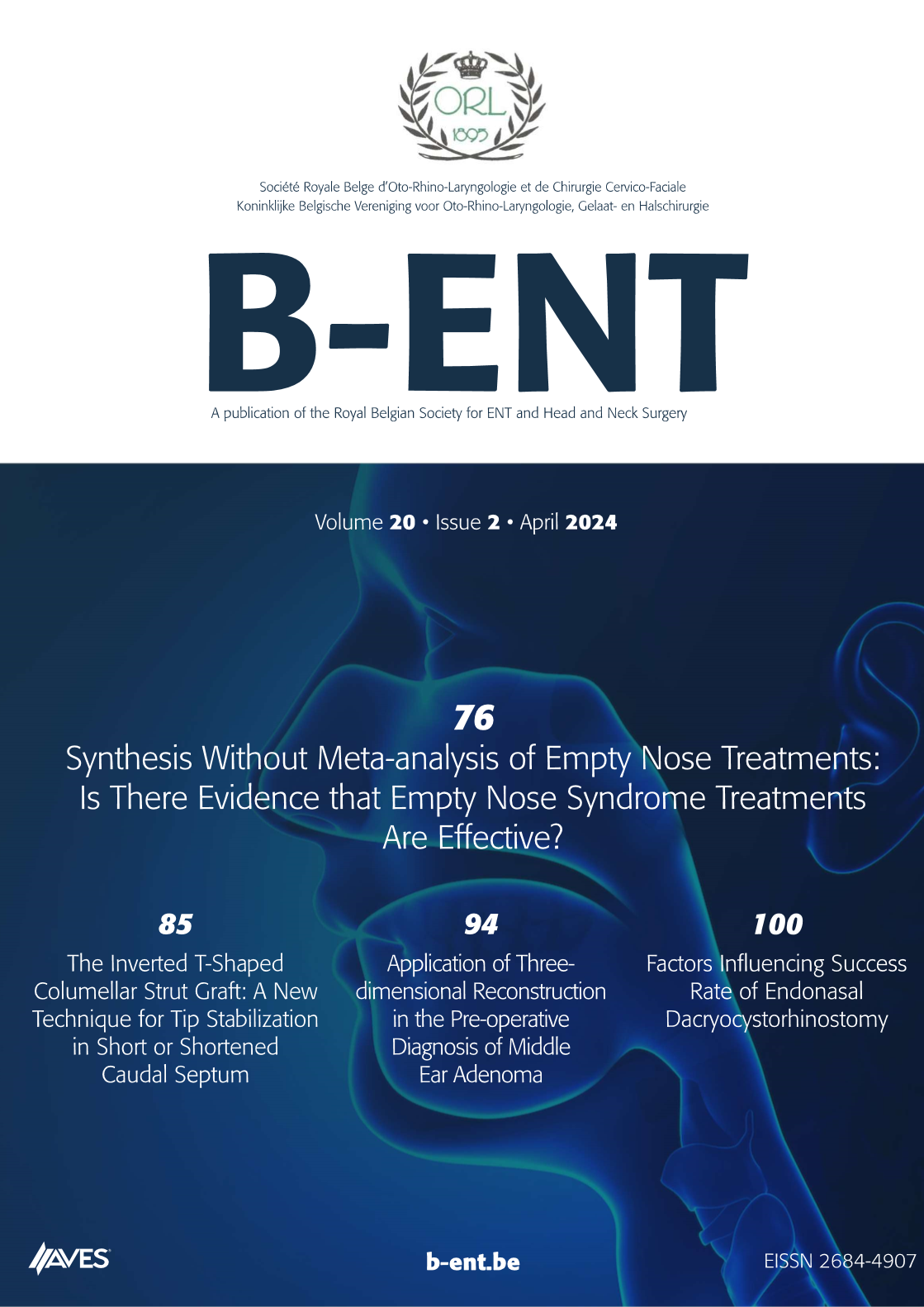The role of salvage surgery in organ preservation strategies in advanced head and neck cancer. It is now established that head & neck squamous cell carcinomas represent a major group of tumours for which an improvement in the overall survival rate could be achieved by a multimodality approach. Surgery as salvage treatment also continues to play an important role in organ preservation strategies in advanced head and neck cancer.
Methods: Before the prospective randomised organ preservation trial conducted by the Department of Veterans Affairs Laryngeal Cancer Study Group demonstrating the benefits of induction chemotherapy, the standard of care for most advanced laryngeal/pharyngo-laryngeal carcinomas was total laryngectomy/pharyngo-laryngectomy and postoperative radiotherapy. The new approach was also supported by a similar prospective trial from the EORTC Head & Neck Cooperative Group dealing with advanced hypopharyngeal squamous cell carcinomas. Currently, advanced laryngeal/pharyngo-laryngeal carcinomas are treated with chemoradiotherapy but some patients will require a more complex salvage laryngectomy/pharyngo-laryngectomy.
Results: In a first group of 44 patients treated with sequential chemotherapy and radiotherapy, median survival was 6.7 years. The overall 5-year survival rate was 52.2%. Disease-free survival at 5 years was 50%. 20/44 (50%) of patients retained their larynx. Only 5 patients needed complex salvage surgery. In the second group of 19 patients who received concomitant chemoradiotherapy, 78.9% of the patients retained their larynx. Salvage surgery was performed in five patients.
Conclusion: CTx and RT is an effective strategy for organ preservation without compromising the survival of patients with locally advanced pharyngo-laryngeal carcinoma, keeping surgery for salvage.



.png)
